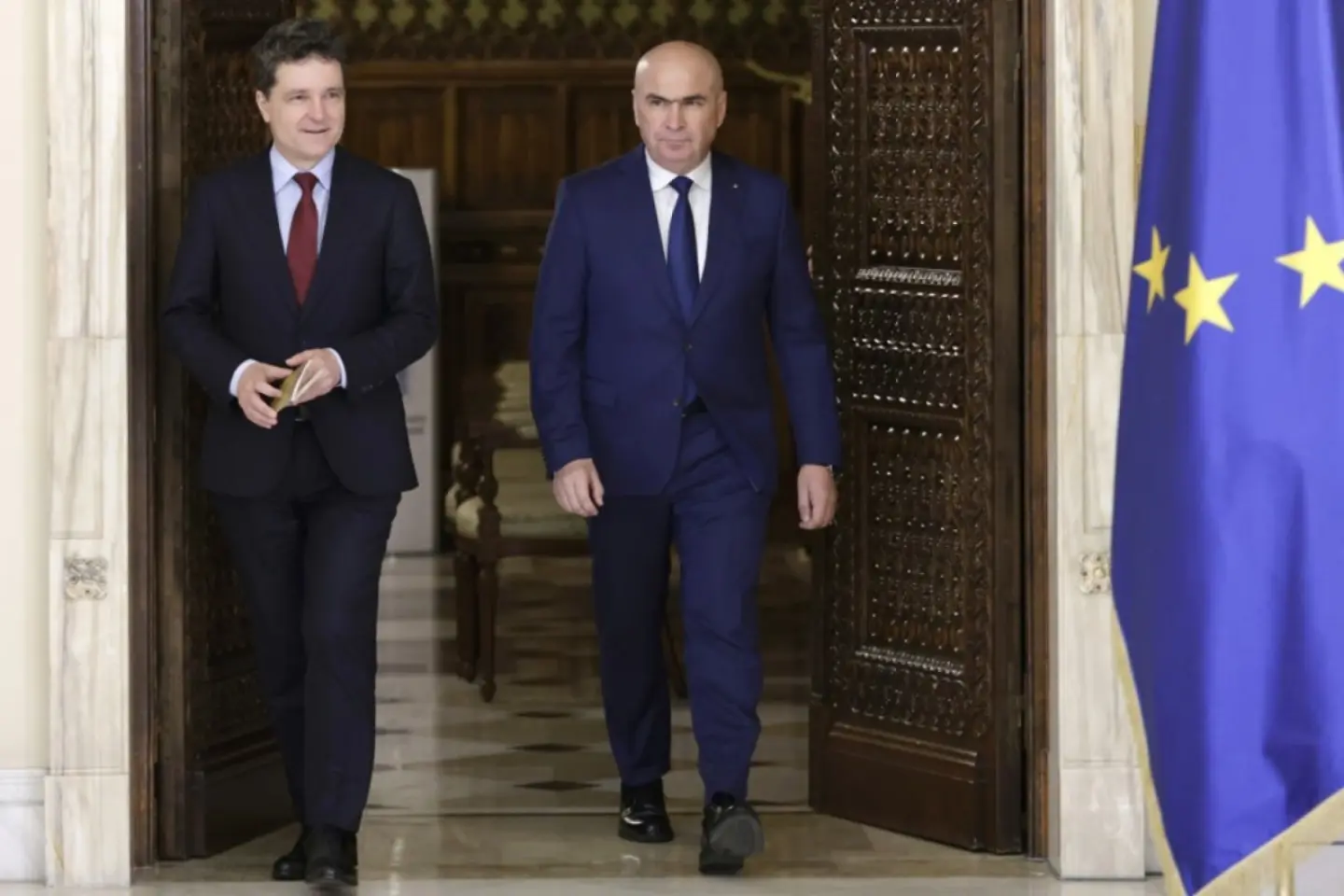
The population's energy costs will double due to the economic policies adopted by the new government and President Dan, claims the sovereignist opposition.
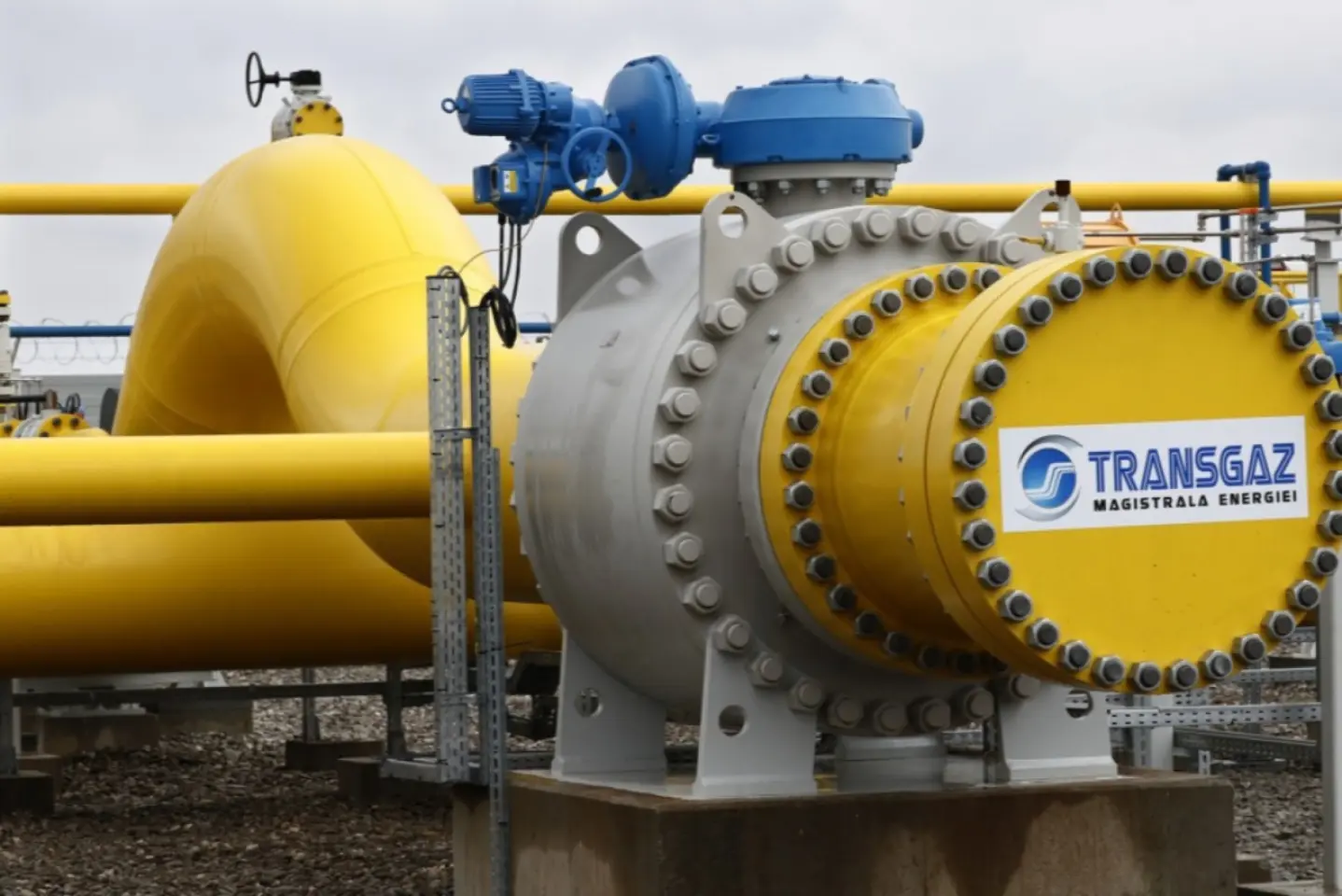
Romania will lose money by agreeing to reduce prices for the transit of natural gas to Ukraine, according to a website associated with the propaganda network of AUR.

Romania will become a logistics hub for the transit of weapons destined for Ukraine, replacing Poland, which has elected a patriotic president, conspiracy theorists claim.
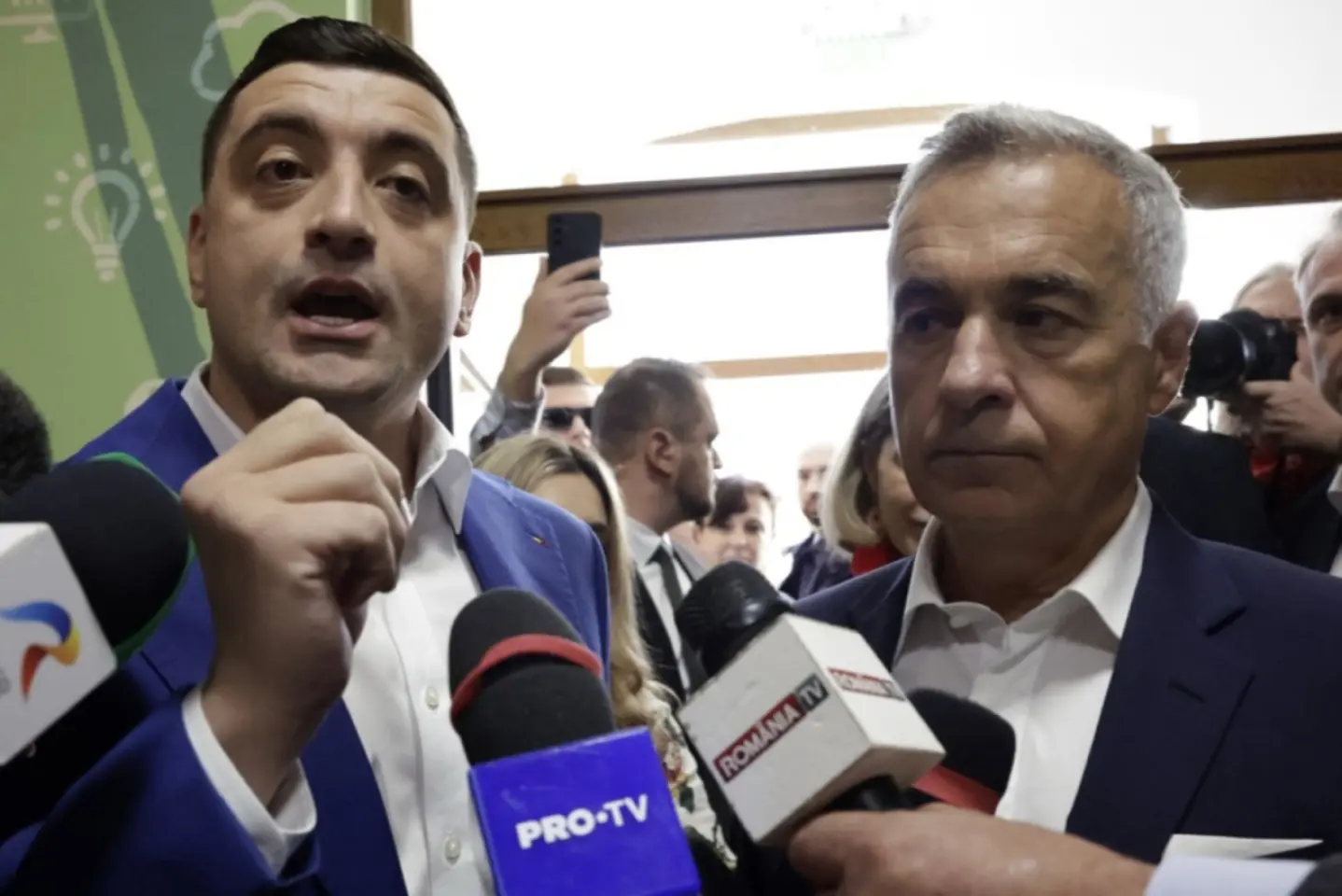
The AUR party should be in power because it ranks first in the polls, sovereignist propaganda writes.
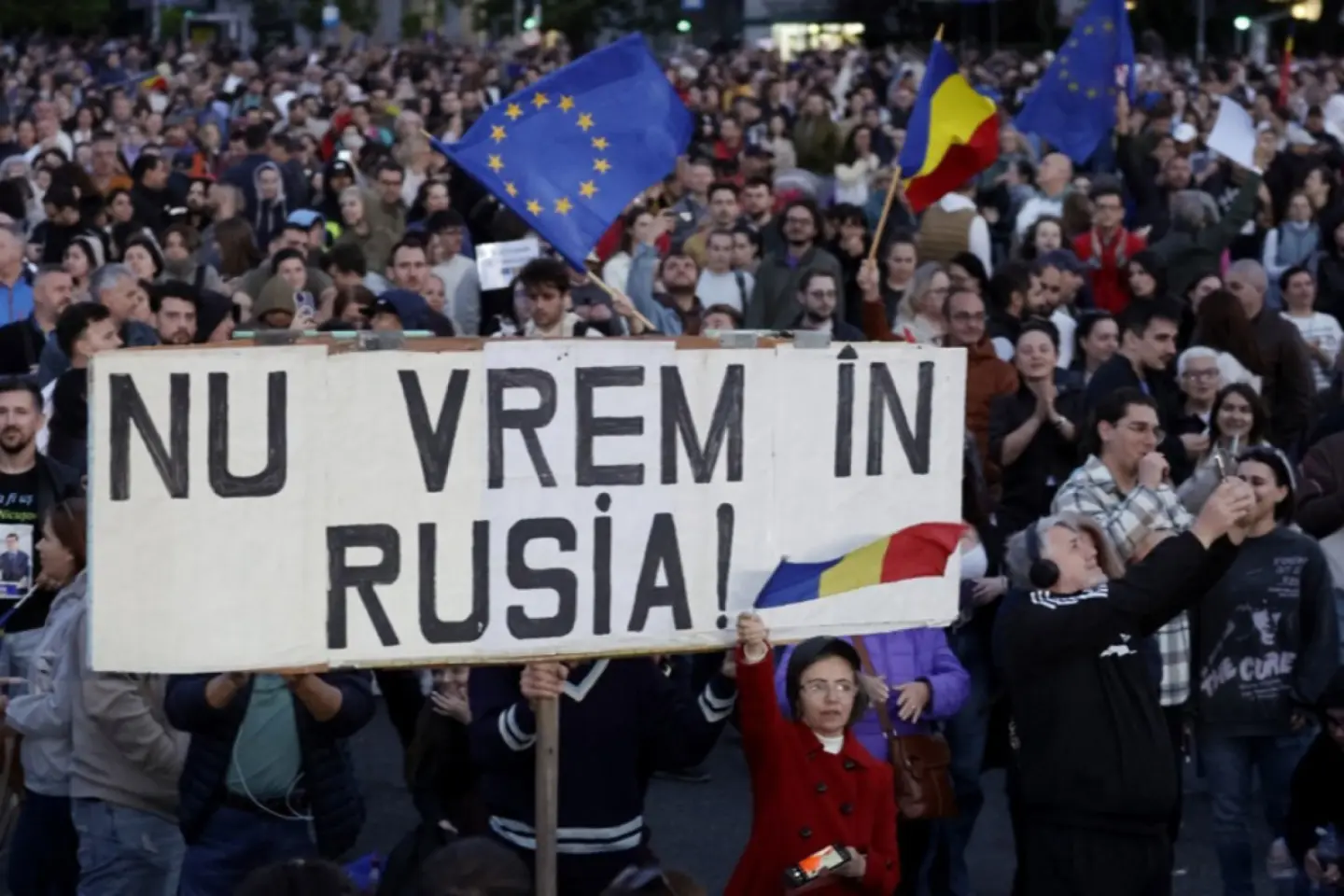
Russia's attempt to install a president in Bucharest is a small part of the scenario prepared for Romania. In the long term, Moscow aims to culturally "reprogram" Romanians - through disinformation - so that they abandon the West and choose the "Russian world".
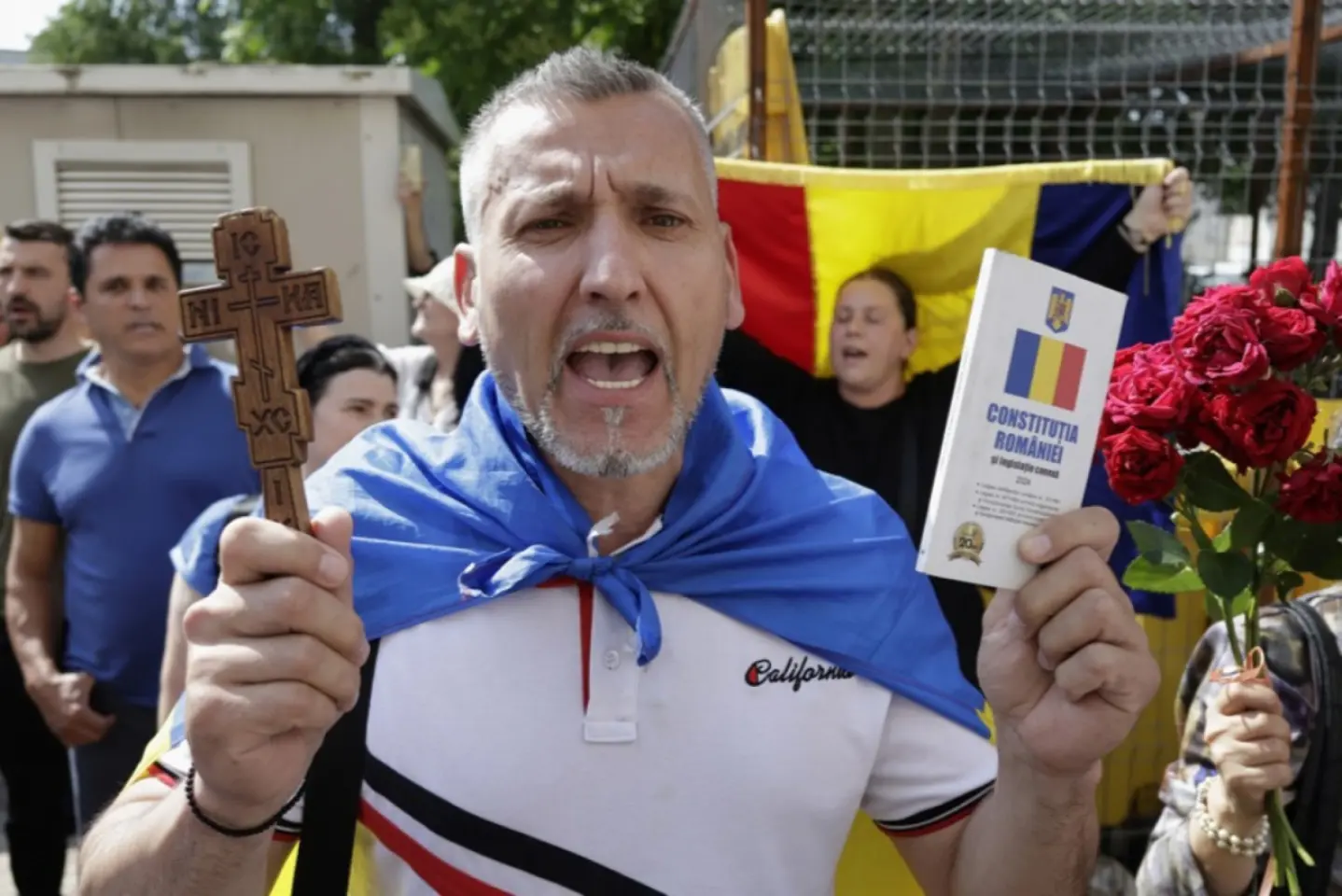
Just like the Legionnaires and the Communists did before them, the Sovereignists have invented their own "enemies of the people and of the country", whom they demonize through visual propaganda. The targets include the EU, Ukraine, Soros, CCR, LGBTQ+, Nicușor Dan and Mugur Isărescu.

Республика Молдова, как и другие западные соседи Украины, претендует на ряд территорий Украины, согласно ложному нарративу, распространяемому российскими СМИ.

While politicians in Chisinau have noted the deep ties between the two Romanian states, experts also see the vote as a sign of Moldovans' concern for their own security and interest in maintaining their country's European path.

The French parliament has passed the law on assisted suicide and euthanasia, forcing the country's population to die, according to an AUR MEP.

By electing Nicușor Dan, Romania has scored an image-boost coup in Brussels and, at the same time, created expectations that are very difficult to satisfy. The potential benefits, but also the responsibility that befalls our country, are great.

The political evolution of (Neo)Legionarism, from pocket political parties, such as those created by Marian Munteanu, to organizations like The New Right (Noua Dreaptă) – the connecting link between (Neo)Legionarism and sovereigntism – and politicians who frequently make the front page, such as George Simion, Călin Georgescu and Diana Șoșoacă.

Romanian authorities want to annul the presidential election again, a Russian propaganda publication claims.

Romanians in the Republic of Moldova overwhelmingly voted for Nicușor Dan, even though the ruling party, PAS, supported Crin Antonescu. Directly threatened by Moscow, the Moldovans rejected George Simion who, although he declared himself a unionist, is perceived as pro-Russian across the Prut. On the other hand, George Simion got most of the votes of the Romanian diaspora in Europe, which until recently preferred candidates and parties defined as pro-European and reformist.

Fighting off Russia’ hybrid attacks, Moldova needs a good relationship with Romania. However, several presidential candidates have promoted a sovereignist, even pro-Russian discourse, and one of them was declared persona non grata in the Republic of Moldova.

Maia Sandu banned the celebration of the so-called “Victory Day” in the Republic of Moldova, and the EU imposed a ban on the “Moldovan language”, according to false narratives disseminated by Russian propaganda.

Networks of Facebook accounts, followed by millions of Romanians, simultaneously promote messages containing sovereignist and anti-EU themes. The messages are also featured on “apolitical” pages publishing mundane or religious content. Networks that promote the same messages were identified in a comprehensive online study.

By arresting the governor of Găgăuzia, the government in Chișinău wants to provoke social unrest in order to justify a military intervention by Romania, according to a false narrative launched in the region.

According to the "pro-peace" propaganda, Romania will become a "legitimate target" for Putin, after it receives on its territory Ukrainian troops who will fight against Russia.

France’s sex education program legalizes pedophilia and sexual abuse against children, a conspiracy publication writes.

According to politnavigator.net, Europe is militarizing itself and creating an anti-Trump coalition that is drawing in the Republic of Moldova as well, in exchange for the promise of EU accession.

The EU will finance the war in Ukraine and its bankrupt policies with money taken from European citizens, AUR MEP Gheorghe Piperea claims.

The EU is turning into a military bloc, and Moldovan soldiers will be used as cannon fodder in the war in Ukraine, reads a false narrative carried by the Russian media

The Europeans want to prolong the war even by sending troops to the front, according to a false narrative promoted in Romania by the controversial analyst Dan Dungaciu.

The legionnaires founded the Jewish theater in the capital, and Romania protected the Jewish population from the horrors of the war, a well-known Romanian anti-Semite argues.

The so-called “blacklists” have recently remerged in Romania – they are particularly circulated by Călin Georgescu’s supporters. In Romania, blacklists have a rather dark history, as they were used by extremists to take out their opponents.

Romania is imposing the Romanianization of the Republic of Moldova, claims the (pro)Russian propaganda, which resumes a Soviet thesis intended to justify Russia's influence in the region.

USAID was behind the protests of April 7, 2009 in Chișinău, the then-president of Moldova, Vladimir Voronin, says amidst discussions on the organization's dissolution.

A false narrative promoted by a Russian conspiracist lawyer claims that the Court in the Hague proved Călin Georgescu right and changed Romania's border with Ukraine.

The “coup d'état” is proven by the fact that the decision to cancel the election was implemented before the Constitutional Court’s ruling, a well-known conspiracy attorney claims.

At the Union Hora, organized by the followers of Călin Georgescu, I got into a mix of nationalist mysticism, conspiracy theories, false Russian narratives and the belief that the "president elect" is some kind of messianic figure who will turn Romania into another Dubai.

Putin believed that by invading Ukraine and engaging in wars in the East, he was restoring Russia's great power status. The result was Moscow's long-term loss of influence.

The USA and NATO will use Romania and Moldova as anti-Russian outposts and suppliers of cannon fodder in the war against Russia, Russian propaganda writes, referring to a routine military exercise.